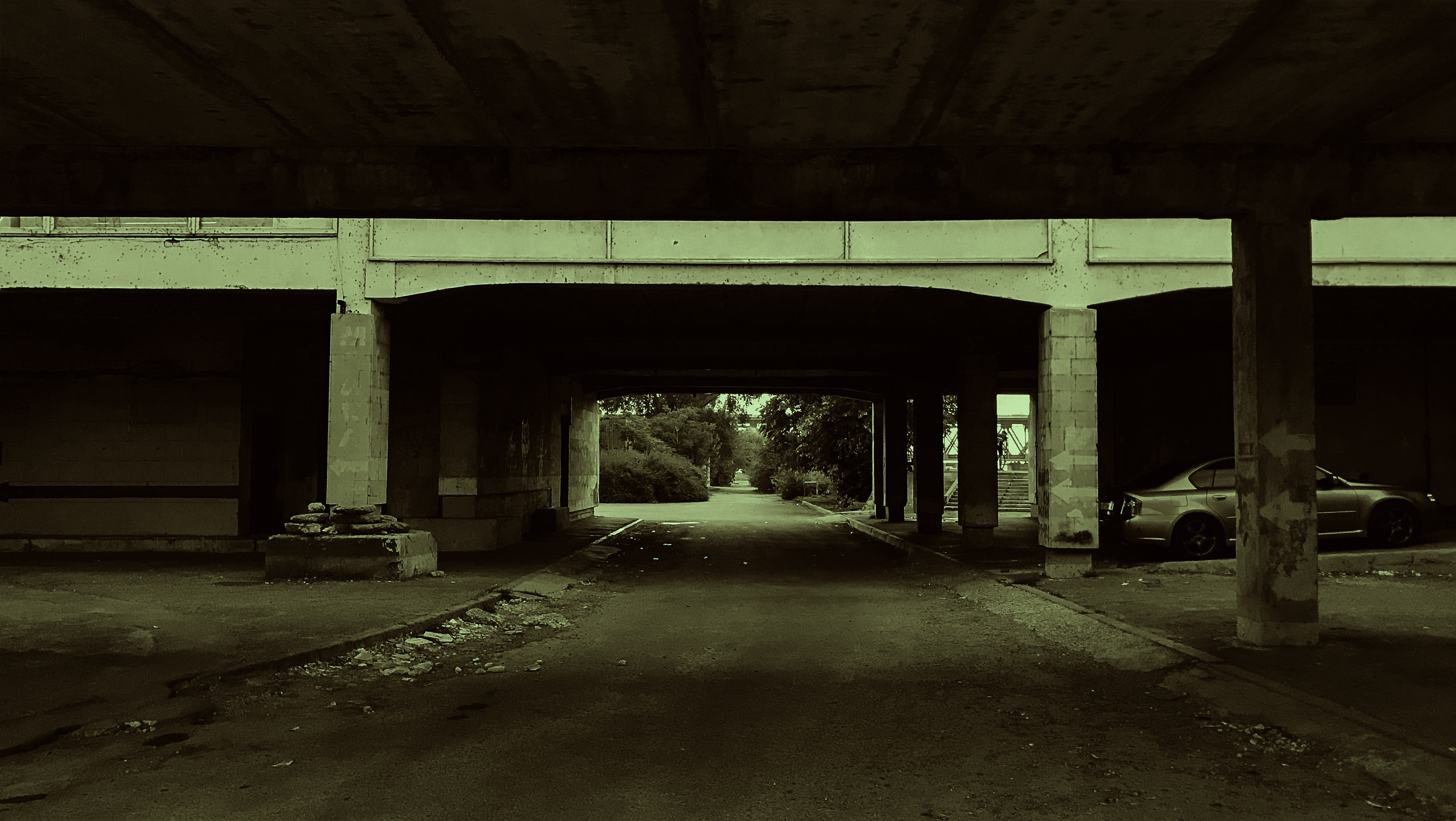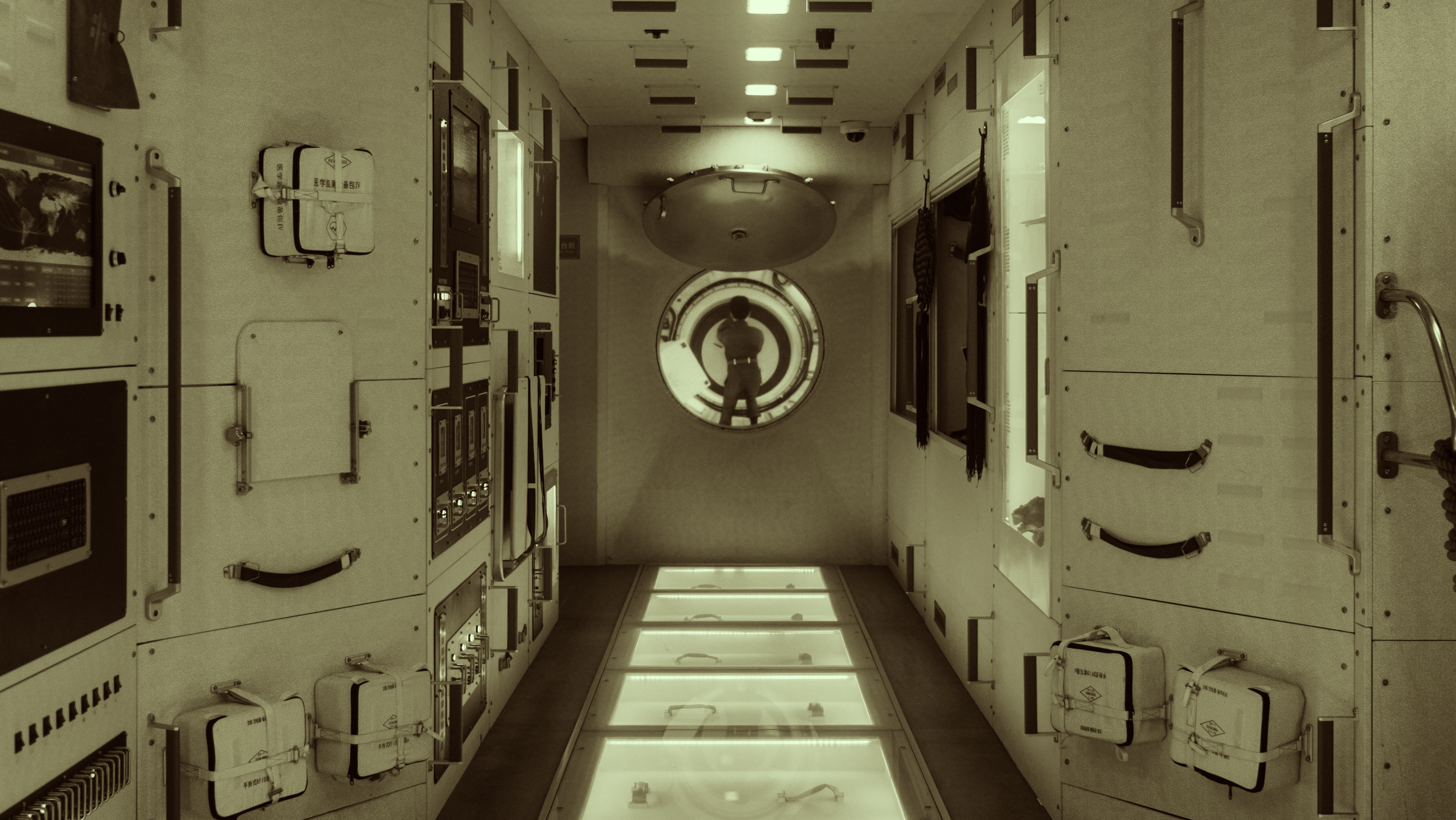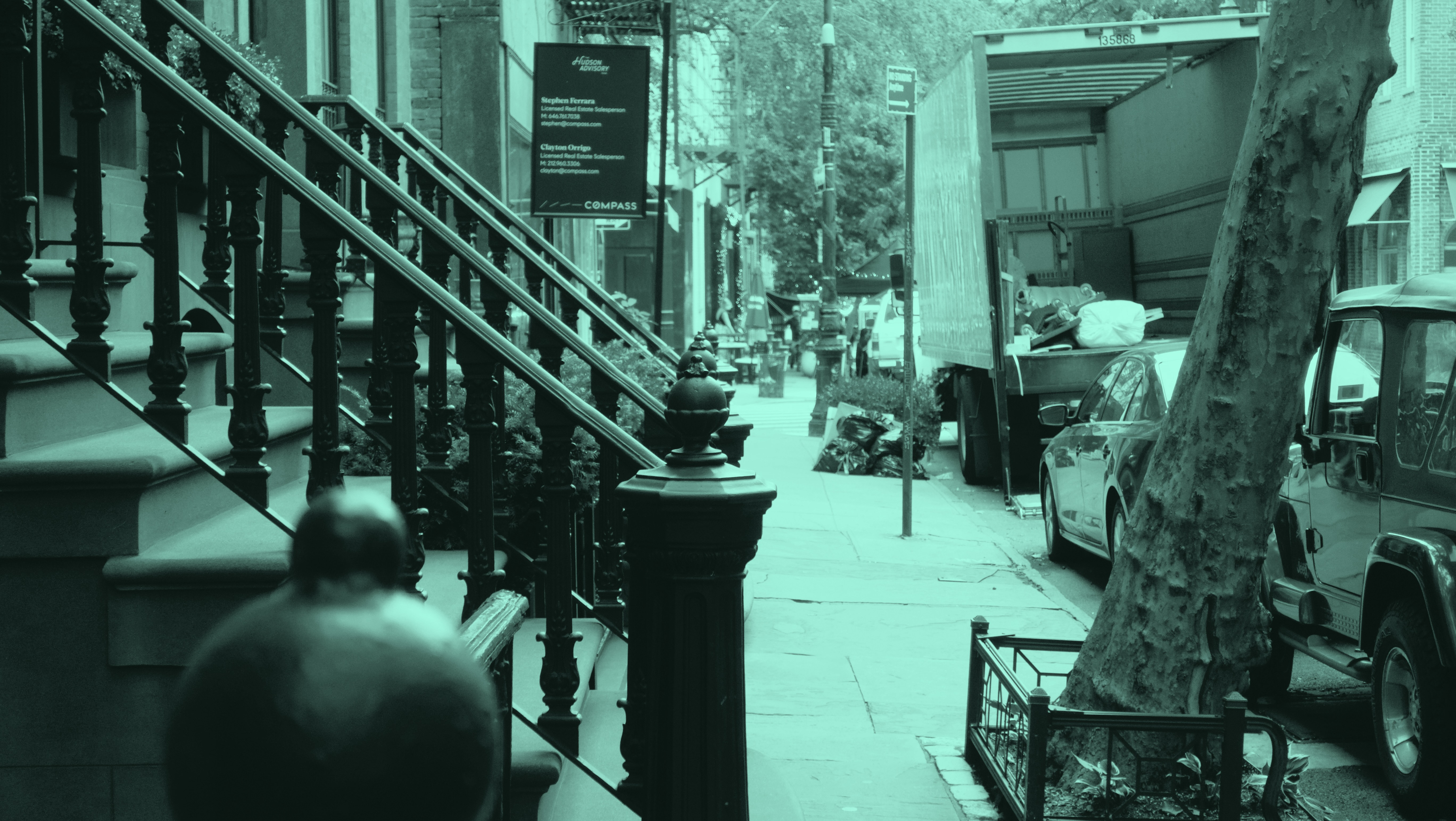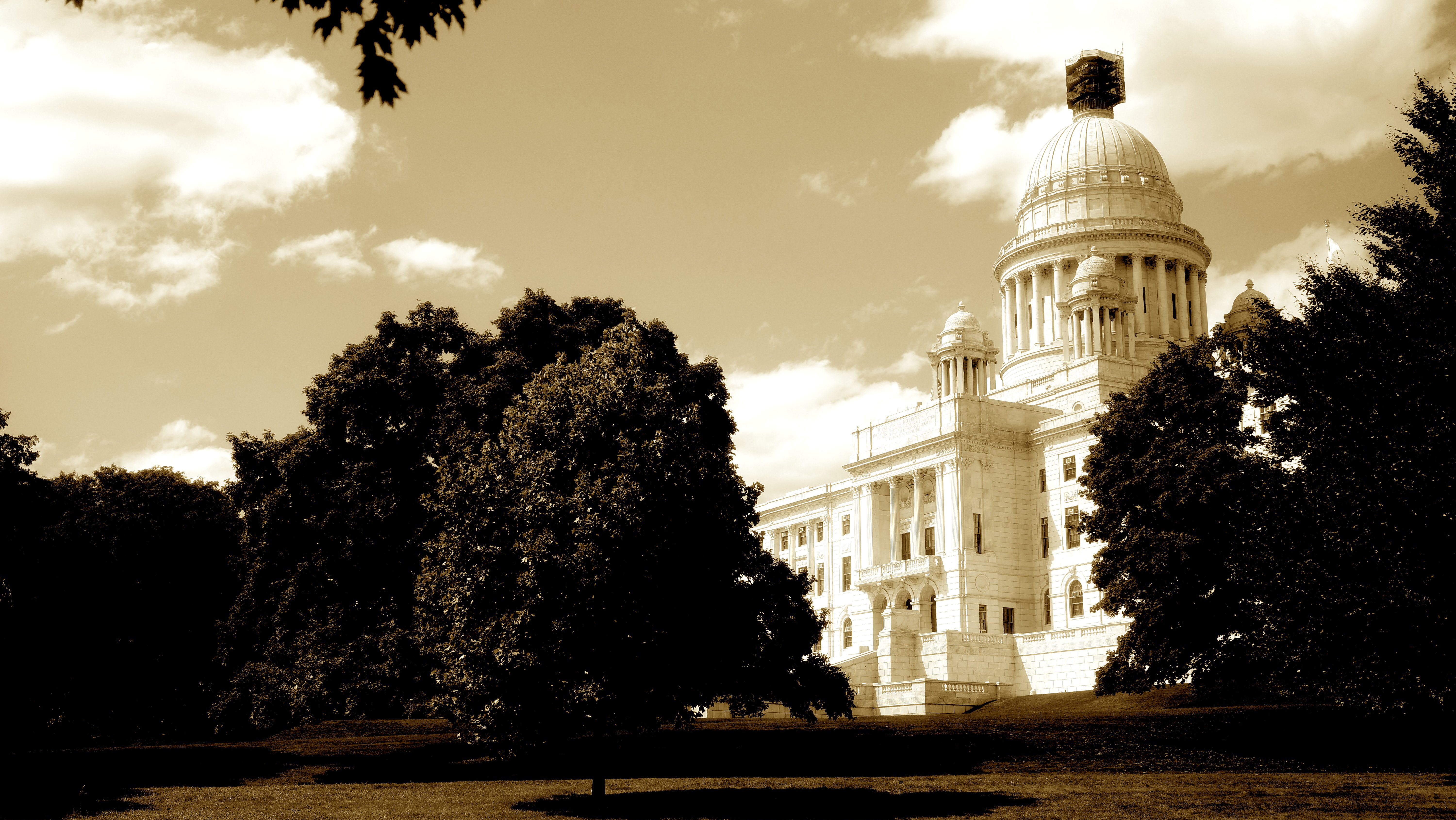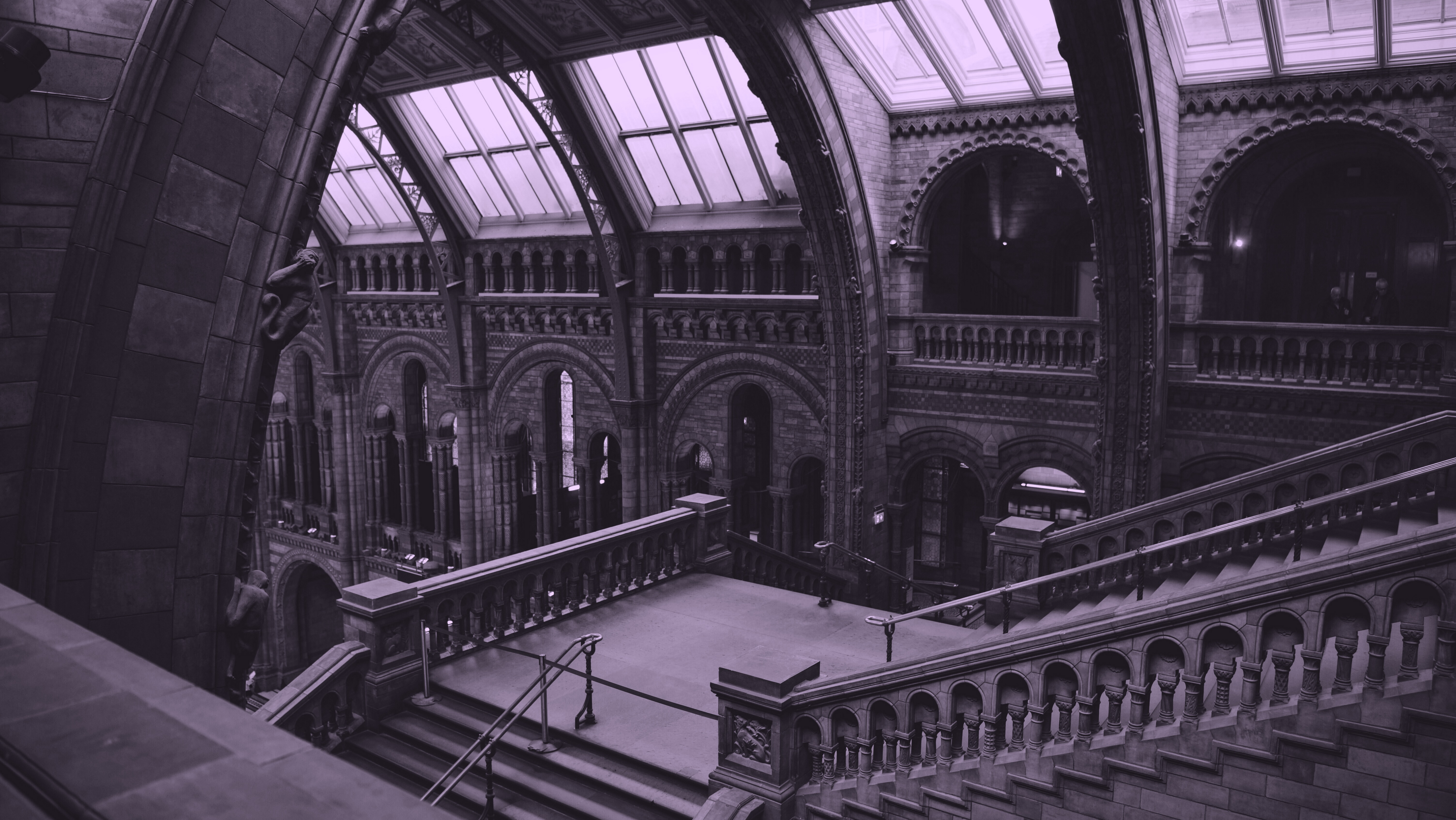Tally sheets fan out across Murray’s desk, and he imagines the arc of papers listlessly waving in the stale air, cooling his anxiety. All the votes are in. Armenia, Cambodia, Mexico, Marshall Islands, Norway. Dozens more nations sorted in boxes piled high by the windows, beside the sofa, along the glass office wall looking out onto a maze of cubicles. Each box patiently reminds him of all the hard work he and his staff at the Haxon Official Count Office have put in over these last several months. The votes of fifteen billion people compiled and recorded to decide which major city will lose power the following year. A task approved at the highest company levels and certified by every nation in the world. A task he reminds his staff is to be treated with the utmost reverence. We ask a city to tamp out their light so that the human flame may endure, he often quotes from J.L. Haxon’s remarks in the introduction of the initial report made eight years ago. This is his purpose, Murray reminds himself often with equal parts pride and duty.
He glances up from his spreadsheets with bleary eyes to the plaques hanging on the wall. Seven of them, dating back seven years, each commemorating a different city, each marking a successful city of selection period. He reminds co-workers who find themselves admiring his awards that he was not responsible for Rome. That was the first year. When Haxon used AI to tabulate the votes, and there was a shorter lead time in preparing the selected city for its darkness. Local officials were skeptical back then. They had no plan in place to manage the lack of electricity the Eternal City would face in the coming year. In fact, they didn’t believe the world would actually go through with it. We are Rome, they protested loudly and proudly, until the power was severed and their city went dark and screaming and looting took over. Droves of citizens fled with whatever belongings they could carry on their backs, while anti-government groups swarmed police stations, raiding them for weapons. The city devolved into chaos overnight. Vatican City was besieged for the entire year, fighting off bands of anarchists. By the time the lights came back on, nearly half a million people had died from famine, disease, murder. But the outrage was quickly soothed by the return of electricity, and the official report confirming that their sacrifice bought humanity a few more years of connectivity.
A desperate win for a desperate earth.
Murray groans as he stands from his desk and goes to the wall, admiring the plaque etched with the city name Montevideo, Uruguay at the start of the row. He was promoted to head of HOCO shortly after that disastrous first year, when it was decided that the count could no longer be left to AI. Humanity needed to choose and manage its own fate. That was the only free and fair way to select a city. Murray worked around the clock to set plans and protocols in place, well in advance of Montevideo’s blackout date, that all but ensured far less chaos in their powerless year.
Francesca hurries past his office window with a half-hearted wave. The first employee of the day. Her hustled stride perfect in a designer suit that betrays a trust fund or some other source of income that supplements what government workers in HOCO make. Her niceties are worthless gestures, Murray had decided months ago. He doesn’t bother responding anymore. He knows she wants his job. He knows his employees pretend to be pleasant to him and complain to her behind his back. But those types of interoffice politics don’t concern him. He sees through their hollow gestures and small talk, right down to what’s important — their work. The count brings him happiness. It brings him obligation. The count is his reason for being.
Francesca enters her office at the far end of the cubicle maze, and Murray’s eyes adjust to his own reflection in the glass. For a split second he sees a middle-aged man with thinning hair, drooping jowls, and sideburns he’s worn since high school. He sees every bitter wrinkle around his mouth and brow line earned by warning away idle conversation. The face of a man who confirms his exacting standards that only employees’ work is of interest to him here.
The couch beside the door is old and patched, but it’s just long enough for Murray to stretch out and spend the night during official count periods. Those nights he sleeps peacefully knowing that no one else in this office suffers the sort of dedication to the task at hand than him. For weeks on end, he sleeps and eats and toils away in his office, ripening the air with such sharp odors that all the windows on the floor are forced to open, inviting the frozen, smoke-filled air to drift in. The stench of commitment, Murray imagines. A penalty for his subordinates.
His phone rings, urging him back to his desk. He looks out across the cubicles as he answers, seeing its Francesca before she even says good morning.
“Meeting in the conference room still on?” she asks casually, knowing it irks him.
“Ten minutes,” he says in his official tone.
“But half the staff isn’t even in yet.”
“They have ten minutes or it’s coming out of their paychecks. I don’t care for tardiness, Francesca, you know that. They know that. And yet they continue to test me,” he says more forcefully than normal. He hangs up and returns to the papers on his desk, the tabulated numbers staring back at him. The source of his anxiety and sharper-than-usual tone. He knows Francesca will tell every employee that wanders in late that Murray Ames is on the warpath today, and they’ll all snicker about his sad solitary life behind his back. It’s a truth Murray can’t even deny. He’s spent his entire adult life without a partner, without so much as a date. But the mistake they’d make is that it’s something to be viewed negatively. Murray has love in his life. His job. He has a sense of purpose that’s become increasingly difficult to cultivate, let alone identify, in a society prone to distraction by the latest game or movie or app or device. Murray has his numbers. That’s enough for him.
The conference room windows are already open in anticipation as Murray enters to a half filled room and Francesca shrugging her shoulders from the seat beside his at the head of the table. He carries his leather-bound notepad, the same one he uses for every count, and sets it beside the stack of tallied continental vote reports each of seven assigned employees have compiled and distributed. He scans their faces, some looking away, others holding his gaze in hope of some sort of approval.
“This is everything, then?” Murray asks the room. Each person nods as he rounds the table with his eyes. “Good. Let’s go through the numbers,” he says. A phrase he’d always hoped would catch on but hasn’t quite yet. “North America.”
“Yessir, after compiling a final count of 858 million votes from the United States, Canada, and Mexico, the clear frontrunner for North America is Tokyo with 43% of the vote,” the young nervous accountant remarks.
“Tokyo?” Murray questions.
“Yessir.”
“I see.” He leans back in his chair, eying both sides of the table.
“I verified his numbers, of course,” Francesca chimes in.
“Of course. What about the rest of the world?”
“Europe voted highest for Los Angeles at 34%, but Tokyo was a close second at 31%,” another eager statistician chimes in.
“Africa has Tokyo at 28%,” a third person offers.
“Tokyo holds 21% for Asia. The third highest city behind New York and Mexico City,” a fourth says.
“Sounds like Tokyo,” Francesca offers coolly with a relieved smile. All of their hard work converging in this moment. A job well done and the itinerary of a two week paid vacation plays across each and every one of their faces. But Murray holds up his hand, stifling any applause that might be on their way.
“We need to be certain,” he says.
“We are certain. It’s Tokyo,” Francesca says, glancing around the table, collecting nods to back her up. “It’s perfect. 55 million people. The largest city of selection by far. The benefit will be huge.”
“So will the cost,” Murray replies, reminding the room of the weight of their task.“It’s too close to call.” He gathers the reports and heads for the door, as the room trades glances at the abrupt end to a meeting that just began. He feels their uncertainty clinging to his back, so he adds, “I’ll have a look at these and let you know by the end of the day.” Their mumbled chatter grows as he retreats from the conference room, clutching the reports close to his heart.
Murray plops the stack of reports on his desk and collapses into his chair with a heavy sigh. He senses an unbearable weight pushing him down, sinking him into his seat cushion as his eyes remain locked on the reports and the conclusions they all bear. Tokyo. A city that has swollen to 55 million would surely relieve the energy strains on the global economy. That much is certain. But many things could go wrong.
His stomach grumbles.
Murray pulls a cloth wrapped bento box from his satchel and lays it on his desk. He unties the knot in the center of the bundle and lets the fabric corners fall, masking the papers beneath. He opens the metal tin, dented from years of use, and examines the carefully displayed Japanese feast within. Tempura vegetables, rice with sprinkled furikake, raw salmon pieces, pickled ginger. He stirs wasabi and soy sauce with chopsticks and eats, forcing the food into his mouth as the fate of Tokyo swells in his head. His mind simmers and arrives at the word Ikigai, the Japanese concept for purpose. A reason for being. And he wonders what Tokyo’s reason for being is. Perhaps the rich artistic traditions of calligraphy or pottery or theatre. Or their cuisine. Or their sharp attention to details in pursuit of perfection. He wonders if a year of darkness would change that, or if the world would change without their enduring culture. He considers how this selection is different from all the others he’s headed. After Rome, the cities of selection were second or third tier locales, carefully suggested and picked for their robust ability to withstand a year of darkness, while also producing enough savings to truly benefit the world. But with every year, humanity’s energy demands have grown. Murray’s seen the projections. His selections have been beneficial, but they’re not enough to make a real impact anymore. The world needs a massive savings in energy. He’s even heard rumblings that the count will soon engulf entire nations rather than cities to keep up with global demand.
He packs his lunch away and focuses on the numbers again. The taste of ginger and wasabi lingers in his mouth, reminding him of the lives that hang in his balance.
Hours pass as Murray pines over the results, avoiding the concerned eye contact of employees walking past his office, eagerly awaiting his decision so they can write their final reports and head out on their vacations. But each time he calculates the numbers, and the results remain the same, he sighs and rubs his head. Tokyo. Why does it have to be Tokyo?
The clock ticks past three when he finally drops his pencil, his papers marked up and erased a hundred times. He looks out the window onto the high rises sprung up all around them, blocking any view he could possibly enjoy, leaving him to scan the windows of the office building next door, until he finds a young woman hovering over stacks of papers in a conference room all by herself, while the rest of her office celebrates a birthday in the adjoining room. And a sense of relief comes over him in the knowledge that others meet the burden of hard work just like him. He can’t help but imagine how their Vermont mega city, the home of Haxon, would fair if they were ever eligible for selection. How would the world survive without them? How would earth survive without the wealth of Haxon products and services that humanity has come to rely on?
A knock on his door brings him back to reality. Francesca stands in the threshold.
“I’m still going over the numbers,” he says.
“We’ve all been going over the numbers. It’s still Tokyo. What’s the problem?” she asks with a tinge of suspicion.
“Lives are at stake.”
"Live are at stake every year, Mr. Ames.”
He shakes his head at her casual insubordination. As if she’s already picked out furniture and drapes to swap out when she inevitably takes his corner office.
“I’m gonna take this home. I’ll have a decision in the morning.”
“But the announcement is in the morning. This is highly irregular.”
“I know. I make the announcement every year, Francesca. I know how it’s done,” he says with a finality that reminds her of her place in the company. If only for today.
Murray stuffs the continental reports in his satchel and heads for the door, scanning the watchful eyes of his employees from their cubicles as news travels of his indecision.
The railway is congested as always. When Murray was a child, commuter traffic was designated to just before the work day and just after, but those days are long gone. Trains swell with people day and night now, ferrying an exploded population to appointments and errands without end. He can barely breathe as his fellow citizens constrict him at every stop. A slight relief when the doors open and crowds spill out, only to be squeezed again by a new horde. And in this torture, he’s reminded of a fact he’d read in a book years ago. How Tokyo’s rail system was similar to that of Vermont’s now, but that the Japanese people voted to abolish this brutal system of travel after an old woman was squeezed to death one morning. From then on, the rail system was shut down and people were forced to walk where they needed to go. Many thought this new system would fail, but something miraculous happened. The people of Tokyo embraced their new commute, finding joy in the steady walk, the feel of a breeze on their face, the smell of changing seasons all around them. The trains were eventually recycled and used to build more public walkways and bike paths around the city, and Tokyo adjusted to their new way of life. The fact gives Murray hope for the city’s perseverance. If they can manage without trains, surely they can weather a year without power.
Murray unlocks the door to his apartment and flips the light switch, casting his ten foot by ten foot space in the soft, warm glow of a paper lantern hung in the center of the room. Ornate rice paper windows block out the view of the courtyard, permitting only the soothing silhouettes of tree branches. A shikibuton rolled neatly in the corner.
He kicks off his shoes and walks across the soft tatami mat floor to the kitchen. He fills a kettle and sets it on the stove. And as he waits for his water to boil, he prepares his tea and dinner. A simple bowl of cold soba noodles with a dipping sauce he makes so often he’s stopped measuring each ingredient. He finds the process calming after a long day with his numbers. An exacting ritual that reminds him to take care of his personal needs in thoughtful stride. A lifestyle that reminds him of his sister.
After dinner, Murray washes each dish and sets them carefully on the drying rack. He pours a fresh pot of green tea and brings it over to his chabudai where his continental reports have been laid out. Each one approves the condemnation of Tokyo. He can’t bring himself to look at the numbers again. He knows what they say. They’ve been saying it to him all day. Instead, he reaches for a book on the low shelf behind him. The cover illustrated with a colorful landscape portrait of sakura blossoms and the Japanese text ‘guide to Tokyo.’ He runs his palm across the smooth dust cover and opens the book. A worn postcard with a beautiful photograph of Shinjuku Gyoen National Garden on one side, and a message from Murray’s sister Ann on the reverse. He flips the card over and reads her faded words again — Hey, figured if the picture on this postcard doesn’t tempt you to come visit, maybe the book will! Come in the spring. I’ll have a break in classes. We can visit some gardens. Love, Ann.
Murray presses the postcard in its place and flips through the pages, imagining an aimless stroll through the many gardens of Tokyo. Admiring the precise shape and texture of every variety of tree and shrub and flower. How each bonsai is carefully manicured and raised with love and constant attention. How koi fish wander the clear pools of water like sheets of orange fire waving beneath the surface. He imagines this adventure with Ann, the two of them reminiscing about their childhood. How their father worked long hours at Haxon | Lo and still found the time to ingrain a sense of hard work in his son. How their mother rubbed off on Ann, with her carefree spirit and need of adventure. And how neither of them brought up those similarities to their father over the holidays, when it was just the three of them and no word from their matriarch. He imagines them happening across some takoyaki restaurant in some forgotten alley, ordering food they’d only read about and savoring each morsel painstakingly prepared with enviable craftsmanship. He imagines these adventures that never were. And he imagines Ann’s face as she was twenty years ago, when he last saw her.
He finds a photo in the worn pages of the Tokyo National Museum, and he’s reminded of its proximity to the University of Tokyo, where Ann was an exchange student all those years ago. She had begged him to visit for months, reminding him that she was only their for a year, and that these kind of opportunities to travel don’t come along every day. But Murray had just started at Haxon | Lo as a young accountant and kept excusing Ann’s requests for a visit by explaining that it was impossible for him to take time off in his first year. He needed to work. He needed to find his purpose. To her credit, Ann never gave up trying to get Murray to visit her in Tokyo. That is, until the postcards stopped coming and the frantic phone calls from the states went unanswered. And the Tokyo police closed the case without ever finding her.
A part of Murray has always imagined Ann still alive, roaming Tokyo, comfortable in the life she’s carved out for herself, thousands of miles away from the judgement of their father. Perhaps she has children now, or a husband. Or a job she loves. One with purpose, where she's filled with the same ikigai that fills Murray every day he clocks in at the Haxon Official Count Office. Perhaps she found that peace.
Murray closes his book and places it back on the shelf. He sips his tea and returns his attention to the continental reports on the table. A dread slowly builds inside of him as he scans the pages, each set of numbers like eyes staring back at him, eagerly anticipating his decision. Each set a person who may not survive the year. Each set a skill that may be forgotten or abandoned in pursuit of survival amongst the darkness of their new reality. Tokyo may survive, but there’s a chance it won’t. And Murray will be responsible for its death. The fear of condemning 55 million people is enough to open the door of regret in Murray’s mind and let the wandering stranger of uncertainty in. The fear of condemning Ann is enough to question his reason for being.
He unrolls his shikibuton and lays down on top of the sheets, knowing the moment he closes his eyes he’ll replay old conversations with Ann in his head. Each one filled with some small regret he wishes he could atone for. Memories are wrought with imperfections, he thinks, those are the barbs that make them stick in our minds.
The office is quiet when Murray arrives in the morning. He expected it would be, given he’s three hours earlier than any of his subordinates, but he also feared a scenario where everyone was still there, waiting for him to return with the final results. Each member of staff sitting beside their packed luggage, airplane tickets in hand, ready to relax before starting the process all over again. But silence is what greets him. Silence is what reminds him that he is in charge and this decision falls on him.
He sets his heavy satchel on the floor beside his desk and paces the plaque adorned wall. His eyes scan them in one direction and then the other. What if it weren’t Tokyo, he considers. What if another city took its place? What if he were able to reorganize the tallies and justify choosing some other place? Some godforsaken second tier city that nobody would miss. Some vaguely recognizable cultural experience that is just as present in a half dozen other places. No risk of losing something significant to humanity. No risk to Murray either.
But there is a risk.
Everything Murray has worked so hard for his entire life would be at stake. There's already a predator roaming the halls of the Haxon Official Count Office. Her gaudy high heels clack their warning that she’s always just around the corner waiting for Murray to slip up so she can swoop in and take what he’s built. He closes the blinds of his office, blocking his view of the cubicles just outside. Privacy and reflection is what he needs before the announcement.
The ringing phone breaks his meditation and the face of Ann playing on a loop in his mind. Surely, it’s Francesca looking for his weaknesses. But he refuses to answer. And Ann returns. The two of them strolling along the Arakawa River, lost in some deep conversation years in the making. And then another call goes unanswered. He closes his eyes and imagines Ann’s laughter and sharp wit, patiently assessing his practical nature, goading him to change. And then a knock on his door. Murray clears his throat and barks, “Not now.” And the high heels clack off toward the far end of the floor. He looks up at the clock. It’s time.
The auditorium is filled to the brim with journalists, Haxon | Lo officials, and broadcast cameras from around the world. Murray enters and takes the podium. Francesca sits with office workers from yesterday’s meeting in some ceremonial semblance of importance. She winces a smile as Murray takes a sip from the water glass beside him. He looks out on the faces staring back at him, then sighs and opens his leather notebook.
“Ladies and Gentleman,” he begins, “I am here to report the results of the 2053 city of selection vote.” His eyes drift down to the words on the sheet of paper inside, written in plain black ink barely dried on the page. He takes in the many cameras aimed at him like some firing squad with itchy fingers, ready to put him out of his misery. The representation of 15 billion people waiting with bated breath for his words to blow out the candle on one city for an entire year.
Murray’s mind shifts to Ann, sitting by herself in some park enjoying a coffee, watching her child laugh and chase other children around a playground. The way her smile lifts the sunshine around her face and radiates endlessly in all directions, eventually kissing his cheek. She tells him it’s okay to say the word. It’s okay to let her memory go. Goodbye, Ann, he thinks, and she disappears from his mind, returning him to the auditorium. And the word jolts into his head without warning, spilling from his mouth, “Tokyo…”
The rest of the announcement passes in a blur. He answers questions. He soothes worry. He reflects on the positives and the resilience of a robust culture.
When it’s over, Murray returns to his office and closes the door without any recollection of walking there. It's as if he floated. As if a weight he didn’t realize was present lifted from his shoulders and made him temporarily free from the pull of gravity. He opens his blinds and looks out at the office building next door, scanning the windows for the hardworking woman he spotted the day before. But she is no longer there.
